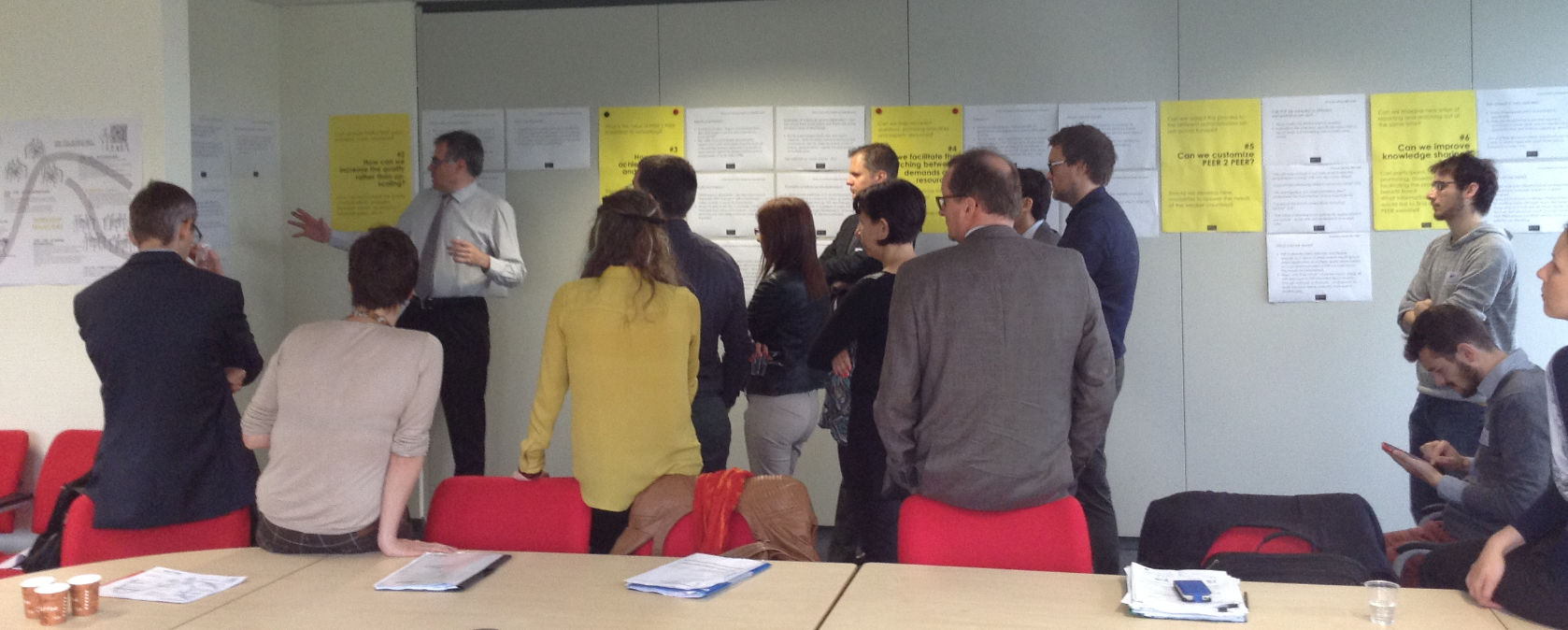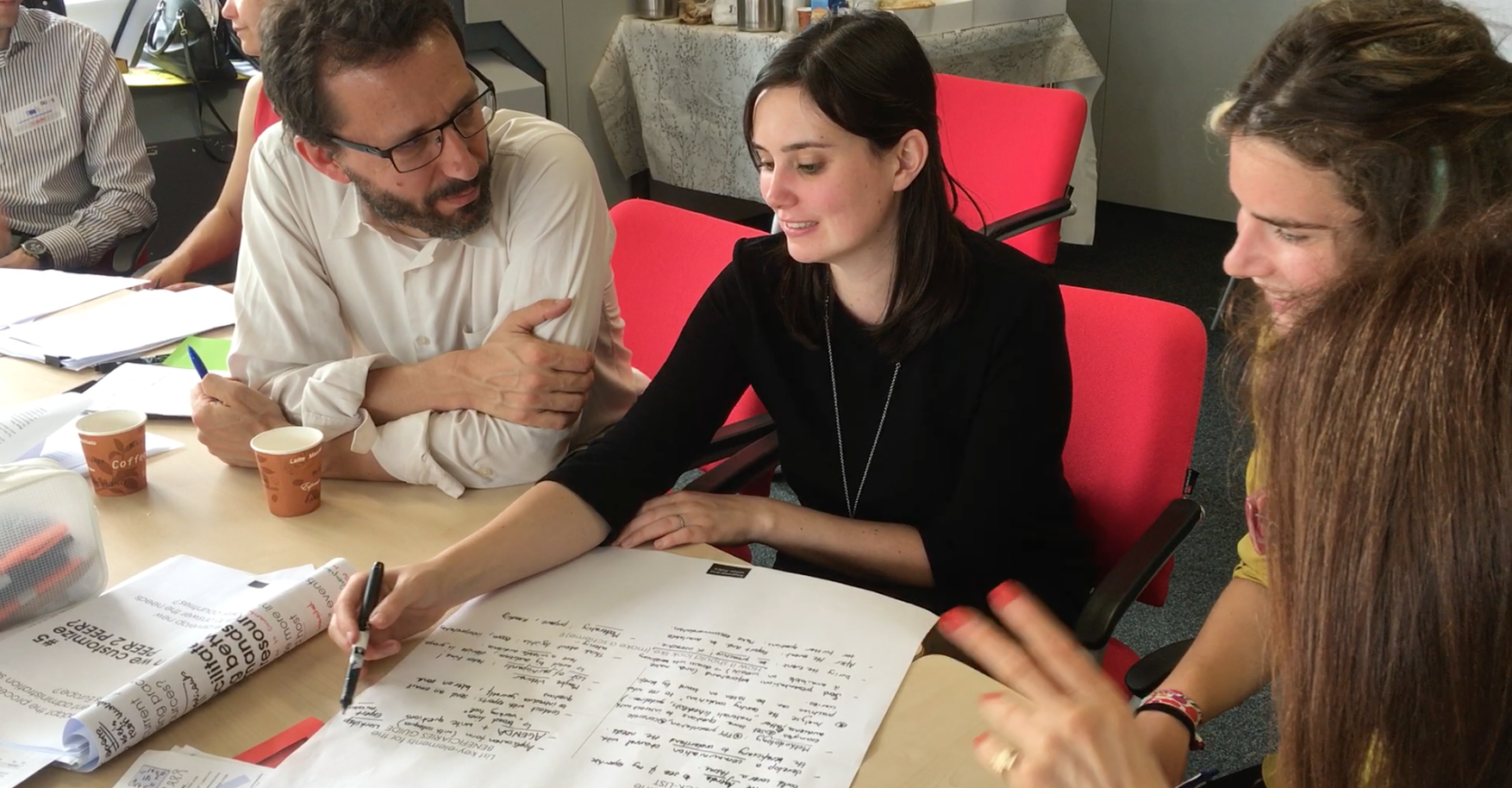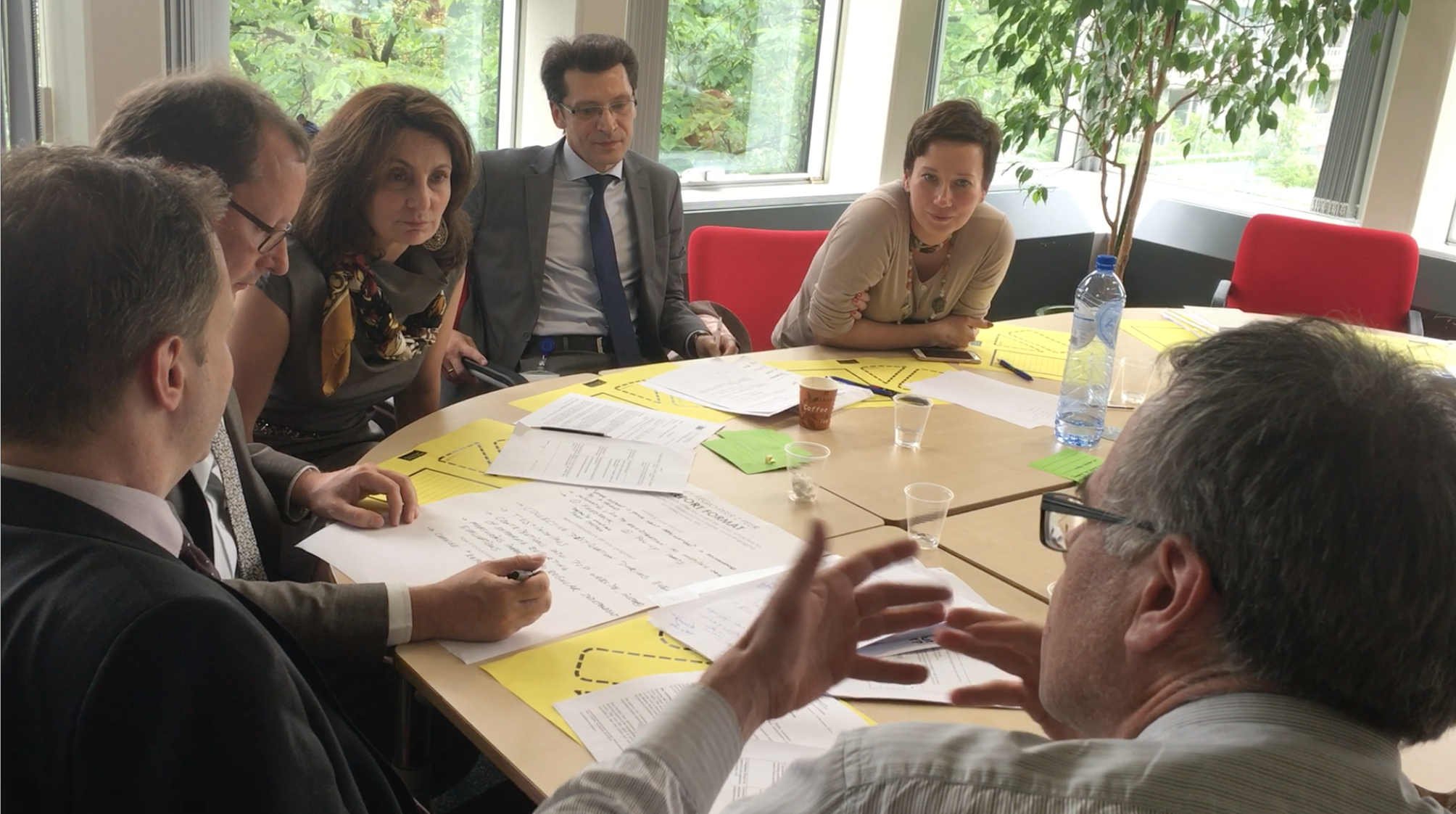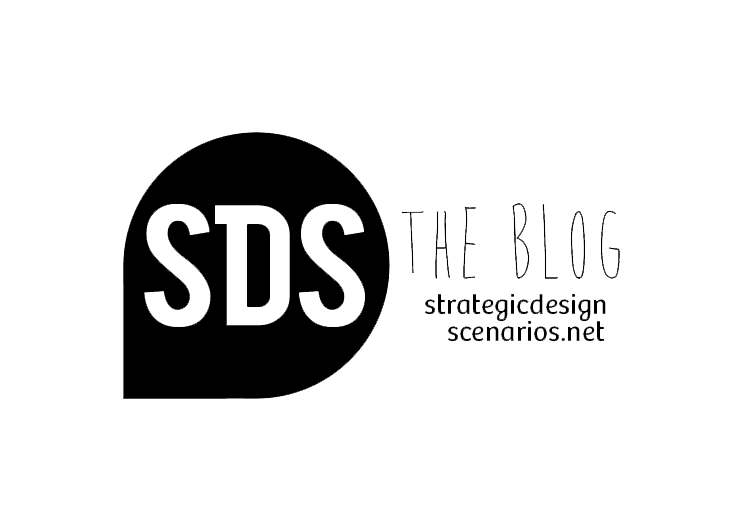TAIEX-REGIO multi-country workshop on evaluation of TAIEX-REGIO PEER 2 PEER pilot project
Peer to peer means a distributed networking architecture that partitions tasks between equipotent peers. Since 2015 it is also a new tool called TAIEX-REGIO PEER 2 PEER for exchanges of expertise among managing, certifying and audit authorities dealing with the implementation of the European Regional Development Fund (ERDF) and Cohesion Fund (CF).
An evaluation and innovation mixed process
This initiative has been implemented as a pilot project and on Friday 3rd of June took place the TAIEX-REGIO multi-country workshop on evaluation of the PEER 2 PEER pilot project. The workshop was jointly organized by REGIO’s Competence Centre for Administrative Capacity (initiator of the PEER 2 PEER initiative based on the existing TAIEX tool), Strategic Design Scenarios (policy innovation lab based in Brussels) and ESTEP (evaluation and administrative capacity building consulting firm based in Vilnius). It was also in itself an innovative process as Pascal Boijmans, Head of the Competence Centre introduced it: « …we wanted this day to deliver the results of the PEER 2 PEER evaluation and engage peers into a policy lab innovation process… ». Evaluation is valuable when it supports the redesign of policies assessed, that is why both the evaluation and the creation should not be separated from one an other but should rather be a joint activity. We therefore collaboratively designed a day of interaction, mixing evaluation and design exercises, turning upside-down the evaluation feedback, presenting it as an exhibition to visit and a context to immerge the participants, to stimulate their interactions. The aim at strategic level, was to produce perspectives of improvement and scenarios of development of the TAIEX-REGIO PEER 2 PEER process. At tactical level it aims at drafting the design of the first concrete outputs aligned with the emerging scenarios and perspectives. You can see the detail of the interaction in a short making-off of the day presented by the participants themselves.
The PEER 2 PEER process supports 3 types of exchanges: Expert missions (EU Member State experts sent for 2-5 days to institutions in other Member States that have requested peer advice), Study visits (Employees from a requesting institution can be sent on a working visit to other EU Member State institutions to learn from peers) and Workshops (single or multi-country workshops organized in a requesting institution between peers).
What emerges from the evaluation of the first 34 PEER 2 PEER exchange events organised during this year of piloting is certainly how the tool is well appreciated across the national staffs involved in the implementation of the ERDF/CF: the tool is light and easy to access. REGIO’s team is processing the demands quickly – even sometimes too quickly (2 months) for the requesting institutions. The PEER 2 PEER coordinator, Fabienne Ruault is mentioned as key for her matchmaking and caring work: the service provided is customized to the needs of the participants. It appears as a service of the Commission « with a face » – to paraphrase the campaign –.
« …they don’t believe it’s so simple… »
Of course there are still some « holes in the racket »: the up-scaling of the process, the quality of applications and reporting, the recruitment of the experts; the match-making between demand and offer, etc. But what strikes in the feedback of the participants to the PEER 2 PEER pilot phase is for instance that their colleagues « …don’t believe it is so simple… ». Newcomers have difficulties to believe that it works, that European bureaucracy can sometimes provide easy, fluid and efficient processes.
A European central administration promoting a process such as the PEER 2 PEER is giving promising signs towards the emerging transformation of public administration as we have witnessed at lowers levels of governance: letting go, shifting from top-down command and control to brokering between lower levels, etc. (see for instance: URBACT, Social Innovation in Cities; Redesign of the French National Agenda 21 policy). And this certainly needs to be stressed as a good practice especially in the current period of Euro-scepticism.

Let’s analyse now this somewhat paradoxical situation: an administrative process that works better than stakeholders expect it to work! One of the interviewees in the evaluation said for me something worth to closely look at. When asked to suggest improvement of the PEER 2 PEER during the interview, a Managing Authority from Lithuania said: « …keep it as it is, because it works well!…” Between the lines you should certainly read: don’t try to make it better because you are likely to make it worst! Or in other words, it is so unlikely to have a rather fluid and light process within a central administration that we, civil servants working with it, know that any tentative of improvement will certainly result in an heavier, more complicated and less efficient process!
Avoid constructing bureaucracy!
During a previous project focussing the co-design of a Knowledge Sharing Process for Better Implementation of Regional Policy involving REGIO’s Competence Centre for Administrative Capacity, JRC’s Foresight and Behavioural Insight Unit and Strategic Design Scenarios, one of the workgroup focus was: « Deconstructing Bureaucracy ». The answer of the Lithuanian Managing Authority taps directly into this question: how can we avoid constructing bureaucracy? Can we improve without risking making it more complex? How can we make sure that new ideas will keep the process light?
The DNA of most public innovation is rather meant as incremental and additional innovation. Making it better means by default inventing something new that was not there before and adding it to what already exist. Progress has always been adding. « More is better » is rooted in the ground patterns of our consumption society. Adding to the existent is less risky than radical innovation. It is less disturbing to add a corrective, an amendment, a new public policy rather than substituting or getting rid of what already exists. It is also difficult to justify advices, studies, consulting or support processes that doesn’t propose something new or concludes to keep what is already there without touching it.

This is a tricky question for Policy Labs spreading all over public administrations and for the way they contribute to public policy innovation. The design approach is meant to be « problem setting » rather than « problem solving »; challenging the brief; asking questions that have not been asked; generating discontinuities and breakthrough innovations. But in practice most design processes are less radical in particular in fields such as public administration where the design approach is new.
The Mikado exercise
The key question is then: can we design with a razor? Can we take out rather than adding? Can we apply design principles as a deconstructing process?
For our western culture taking out is scaring. Our obese society is struggling with reduction, with parsimony and de-growth, etc. We certainly need to look for inspirations from minimalism approaches, cultures where less is more, etc.
We at strategic Design Scenarios are calling for the « Mikado exercise »: the approach is precisely tapping into the principle of the popular oriental game. In a complex and imbricated administrative structure, can we take some part out without compromising the equilibrium of the all structure? In the same way we are accustomed to call for new ideas, can we challenge the existing system? Can we get the same result with less (less burden, less paperwork, less procedures, less time-consuming activities, less stress, etc.)?

For the last exercise of the PEER 2 PEER workshop, Agnieszka Krasicka from REGIO’s Competence Centre for Administrative Capacity team started with a pair of scissors: « …let’s redesign the PEER 2 PEER brochure!… ». For this last design activity targeting concrete PEER 2 PEER artefacts such as the Online application process, the Support for experts and beneficiaries or the Reporting process, the motto was: « Avoid constructing bureaucracy. Keep it simple or leave it as it is! » and Pascal Boijmans concluding the day said: « …a lot of good ideas emerged today but also good ideas may result in an heavier solutions. We need to screen them out and above all keep the PEER 2 PEER light… »
François Jégou, SDS

